

This is the opening of the book I am working on these days. Any reactions or comments?
London, February, 1768
William Belmont, Earl of Claverton, a gentleman of lofty lineage and assured privilege, occupied a secure place in his world. While not notably handsome, he had a pleasant, slightly round face that normally bore an expression of satisfaction with the circumstances of his life.
Yesterday was hard.
I remember 9/11 far too vividly.
I grew up in New York City and now live not far from it. Twenty years ago I was working on a local newspaper in my town. When I walked into work that day, people were listening to the radio. This NEVER happened in the normal course of events. I must have looked confused when I walked into my office because a colleague looked at me and said, “Someone just flew a plane into the World Trade Center.”
The rest of the day was a nightmare of fear and trembling.
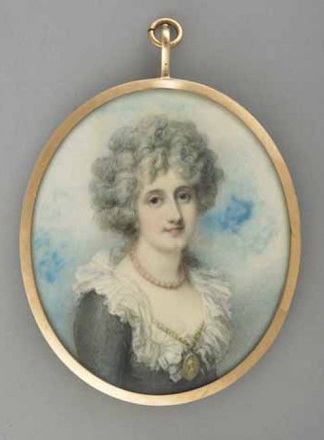
The story is true, even if it sounds as if it's snatched from the supermarket tabloids.
Maria Emilia Fagnani (1771-1856), known to her friends as Mie-Mie, was the daughter of Costanza, wife of Marchese Giacomo Il Fagnani.
While traveling, Costanza and her husband met Henry Herbert, Earl of Pembroke. Costanza began an affair with Pembroke and returned to England with him in 1769. There she met William Douglas, Earl of March, who managed to be both one of the richest men in England and a notorious gambler, and shortly began an affair with him.
Before the Hardwick Marriage Act of 1753, it was much simpler to get married in England. All you needed was a compliant clergyman. Many of these irregular or clandestine marriages were conducted in or near the Fleet prison, to which debtors were consigned, because it was not actually part of any parish in London. Clergymen who had no living of their own, and thus no regular income, could be found in that vicinity for couples who wished speed or secrecy.
Is it corruption if it's legal?
In the 18th century, a group of aldermen in the CIty of London, the small, historic center of London with its own government and laws, found a creative way to raise the money needed to build a residence for the Lord Mayor of the City.
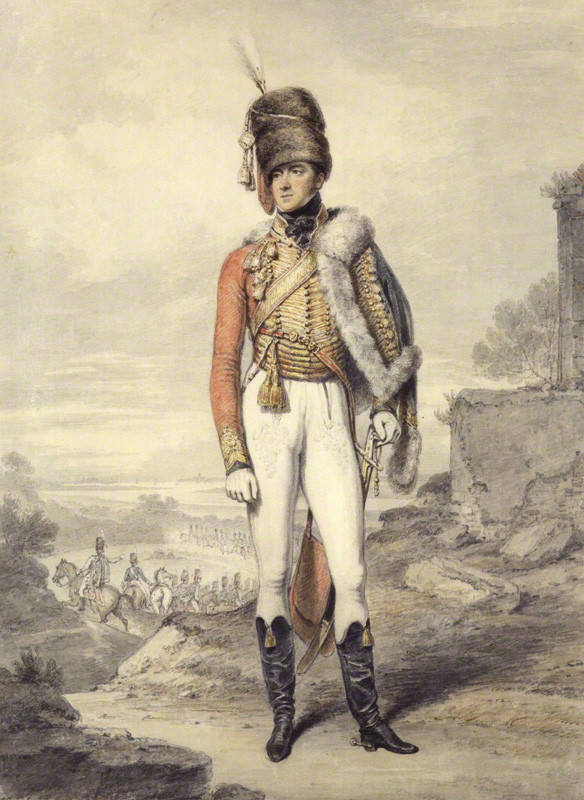 If he were around today, Henry Paget, Earl of Uxbridge and 1st Marquess of Anglesey, would probably feature regularly in the supermarket tabloids.
If he were around today, Henry Paget, Earl of Uxbridge and 1st Marquess of Anglesey, would probably feature regularly in the supermarket tabloids.
The Regency beau and dashing cavalry officer is perhaps best known for his (probably apocryphal) exchange with the Duke of Wellington at the Battle of Waterloo. The two of them were viewing the battlefield when a cannonball came flying at them.
Paget looked down and said, “By God, I’ve lost a leg!”
Wellington looked down and said, “By God, so you have.”
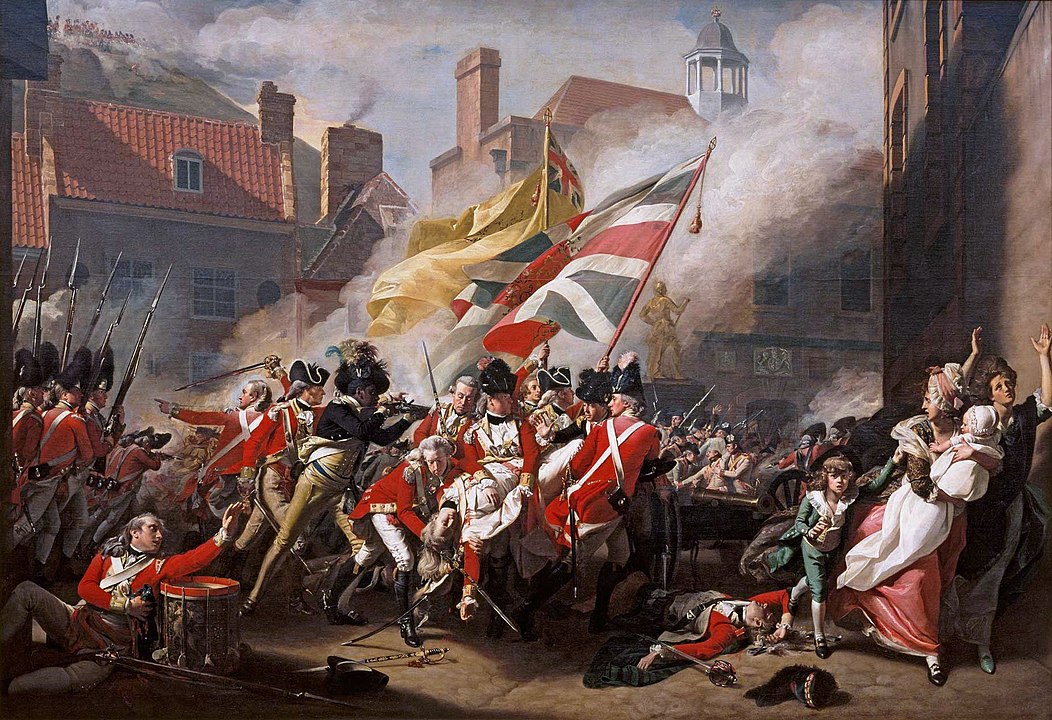 On January 6, 1781, France invaded England.
On January 6, 1781, France invaded England.
That sounds more impressive than it really was. This wasn’t the invasion the English worried about. That one was some twenty years in the future, when Napoleon was planning an invasion. And it wasn’t an invasion of England proper. The invasion took place on Jersey, one of the Channel Islands and it lasted less than 24 hours.
Henry Beresford, 3rd Marquess of Waterford, wasn’t a rake, one of those smooth-talking charmers who populate romance novels. He was more of a frat boy.
Born in 1811, he inherited the title in 1826 after the untimely deaths of his older brother and his father. He was still a student at Eton, where his exploits brought him notoriety. The headmaster at the time was John Keate, noted for having restored discipline to the school through liberal use of the birch, of which Waterford had experience. .jpg)
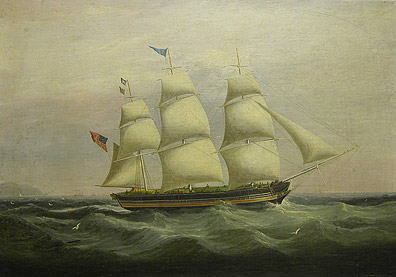 In the early 19th century, packet ships were the way to travel across the Atlantic.
In the early 19th century, packet ships were the way to travel across the Atlantic.
Daniel Sickles (1819-1914) was a New York lawyer, soldier, and politician, a bit more notorious than famous.
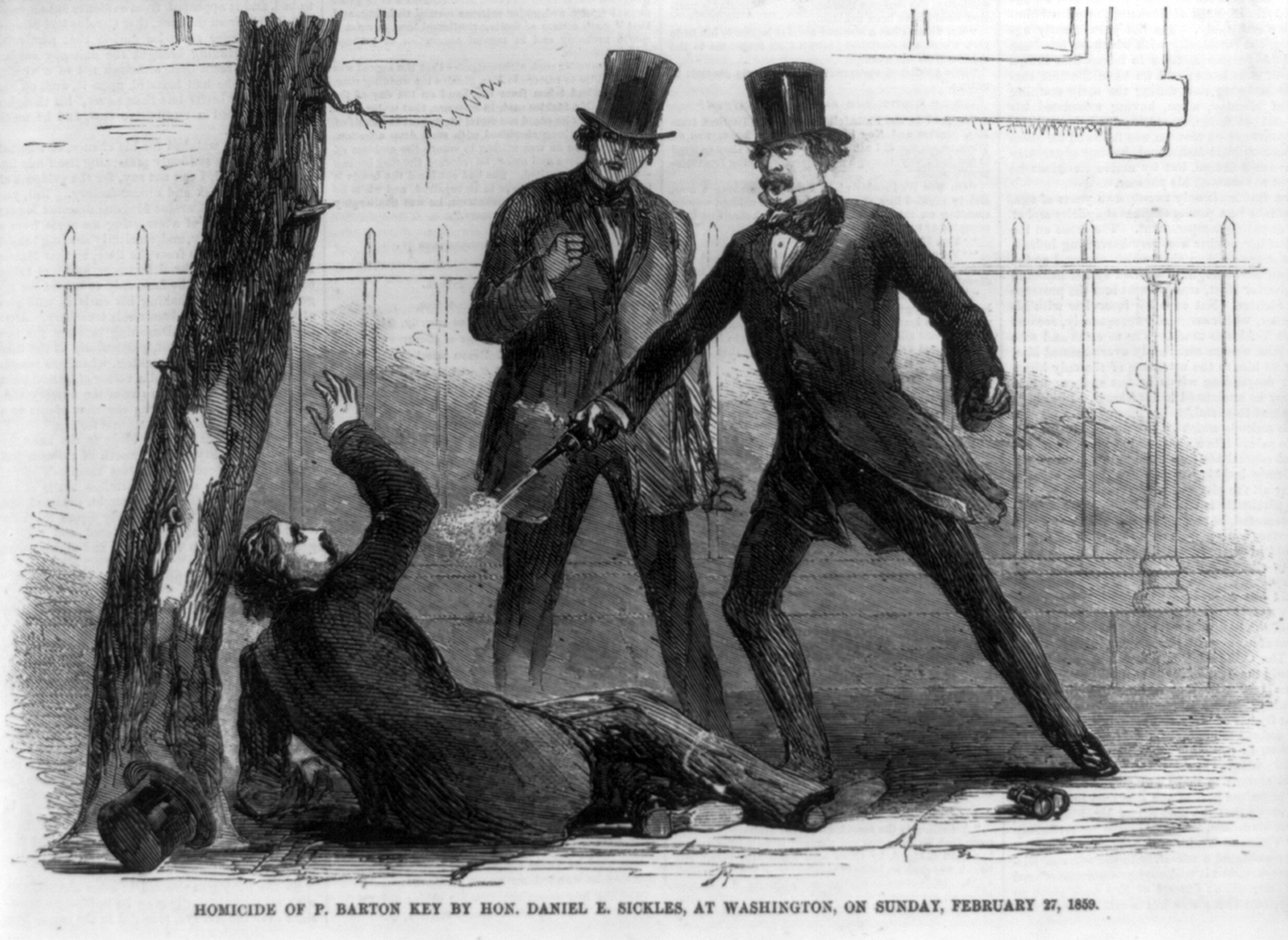 When he was 32, he married Teresa Bagioli, who was then 15. Not long after he went to England on a diplomatic mission, leaving his pregnant wife behind. Instead he took his mistress with him and introduced the mistress to Queen Victoria using the name of one of his political opponents.
When he was 32, he married Teresa Bagioli, who was then 15. Not long after he went to England on a diplomatic mission, leaving his pregnant wife behind. Instead he took his mistress with him and introduced the mistress to Queen Victoria using the name of one of his political opponents.
